Professor Anthony M J Bull, FREng
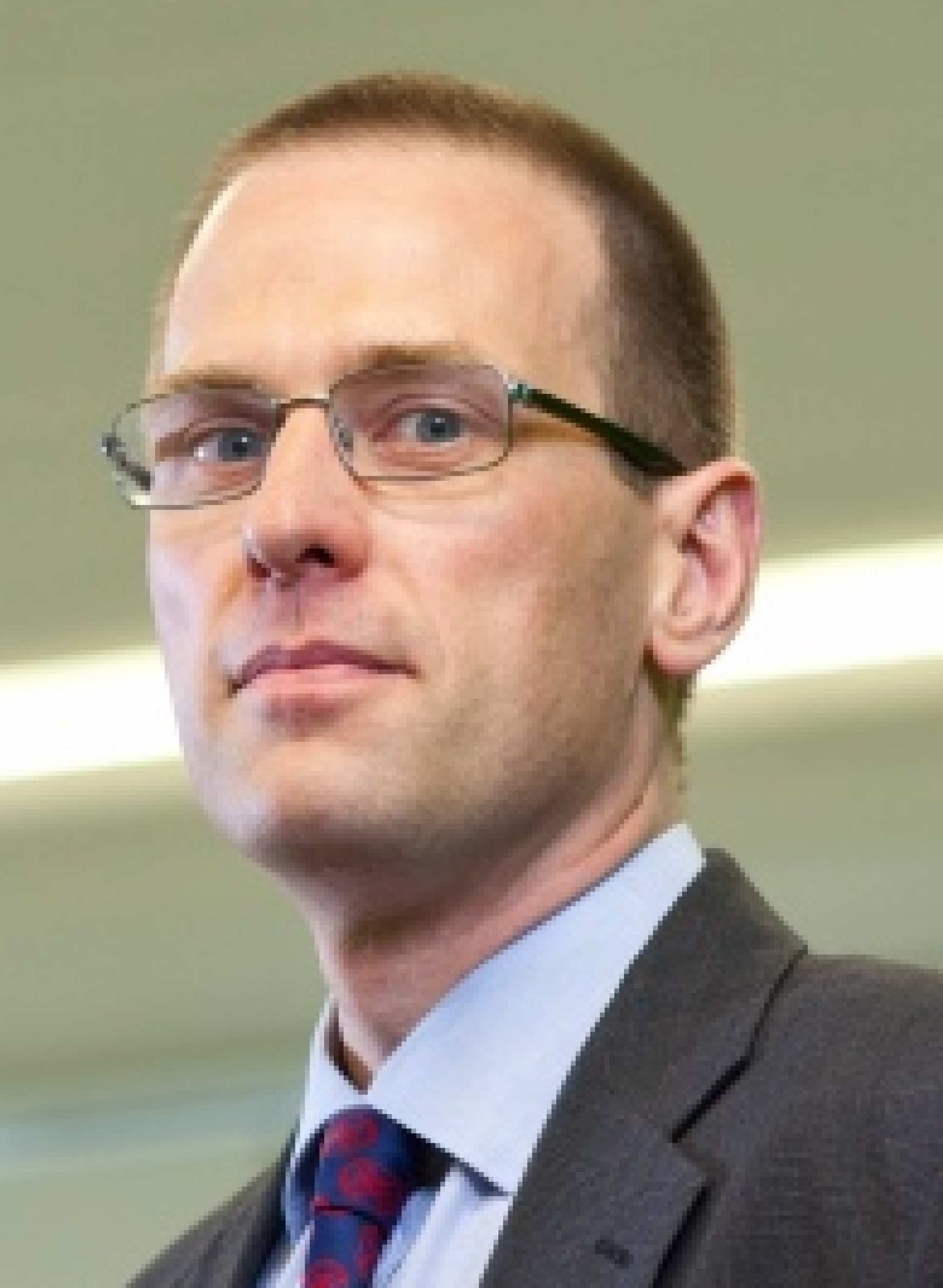 |
Professor Bull is Director of the Royal British Legion Centre for Blast Injury Studies and Head of Department of Bioengineering at Imperial College London. His personal research programme focuses on the basic mechanics of joints including the tissues of joints and the mechanics of joints within the whole musculoskeletal system. His research team investigates ways to develop new technologies to diagnose and treat pathologies and trauma. |
Major Taff Edwards, FRCS(Tr&Orth)
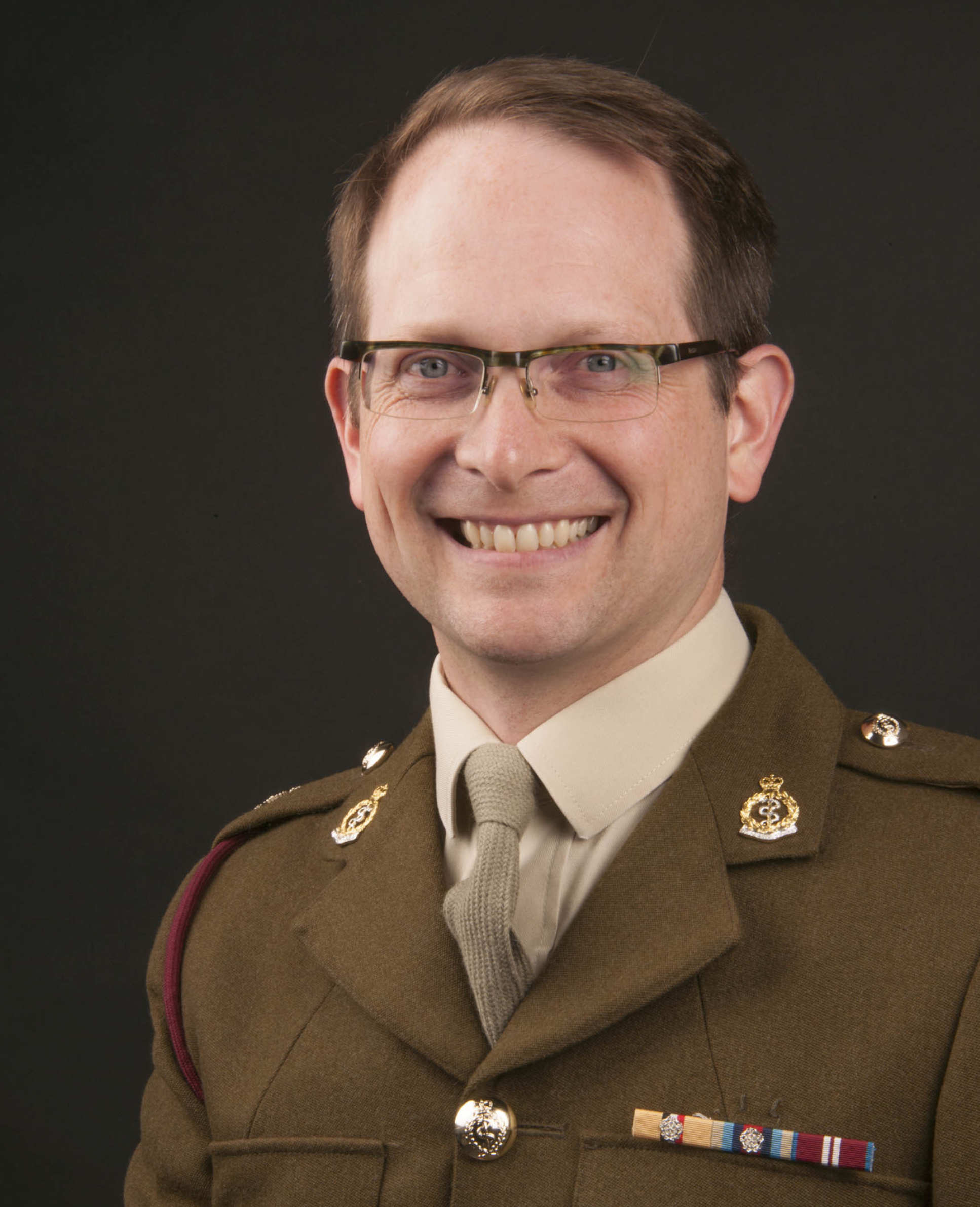 |
Major Edwards has seen four operational tours in Iraq and Afghanistan serving in all deployable roles from far forward to Field Hospital. Having witnessed first-hand the effect of Improvised Explosive Devices on soldiers whilst deployed, Taff recently undertook a doctorate at the Centre for Blast Injury Studies at Imperial College. His work focuses on the clinical outcomes and complications of amputees from the Afghan conflict. |
Major Neil Eisenstein BMBCh, MA(Oxon) MRCS RAMC
 |
Major Neil Eisenstein is a trainee trauma and orthopaedic surgeon in the British Army. He studied medicine at the University of Oxford and is currently engaged in PhD research at the School of Chemical Engineering, University of Birmingham. This research involves the development of a novel treatment for heterotopic ossification as well as advanced physicochemical analysis of mineralised tissue. He is also interested in shaping the civilian and military strategic approach to trauma care by developing the “left-of-bang” concept of pre-trauma medical intervention. |
Col John Etherington OBE
 |
John is a serving officer in the army and a consultant in rheumatology and rehabilitation medicine at the Defence Medical Rehabilitation Centre, Headley Court, Epsom. He is the director for defence rehabilitation and therefore responsible for policy and plans in for all forms of rehabilitation across the armed forces. Previously clinical director at Headley Court, he has been closely involved in the development of complex trauma rehabilitation services during the recent conflicts. In April 2013 he took up the additional post of national clinical director for rehabilitation and recovering in the community for NHS England. He co-chairs the rehabilitation delivery board, which examines the transformational change required to incorporate rehabilitation into all elements of NHS care. John co-chaired the rehabilitation subcommittee of the Regional Trauma Network Clinical Advisory Group, chaired the Royal College of Physicians committee for sport and exercise medicine and was vice-president of the Faculty of Sport and Exercise Medicine. |
General Sir Timothy Granville-Chapman, GBE KCB
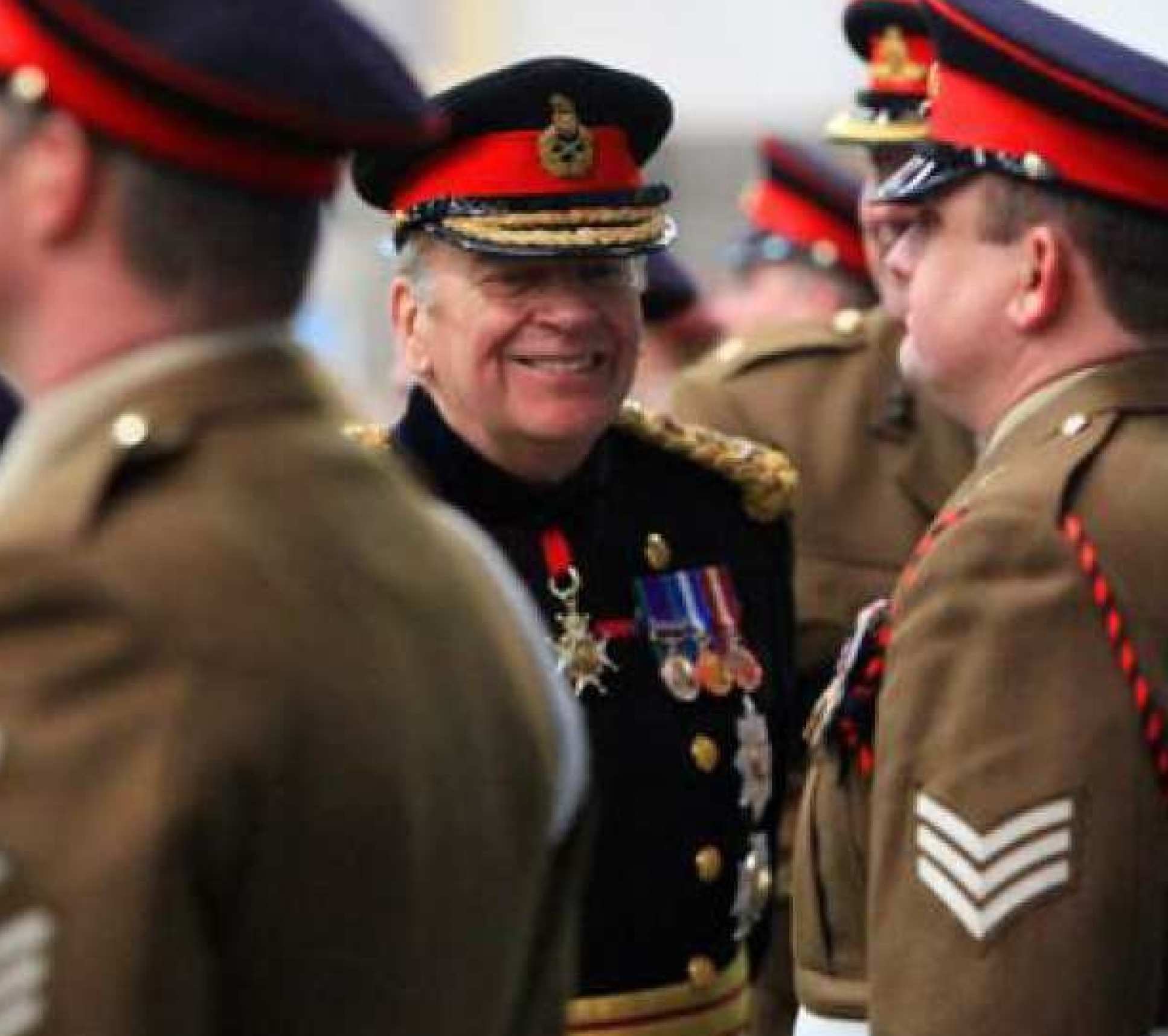 |
Fourteen of General Sir Granville-Chapman's 41 years in the Army were as General. After seven years on the Army Board as the Assistant Chief of the General Staff, the Adjutant General and the Commander-in-Chief, he then spent four years on the Defence Board as the Vice Chief of the Defence Staff, running the business of Defence, principally in the operational and capability realms. Granville-Chapman has directed the Defence and National Rehabilitation Centre project since October 2009 while holding a variety of other appointments, including that of the Master Gunner St James's Park appointed by The Queen, the 31st incumbent of the post. |
Dr Claire Higgins
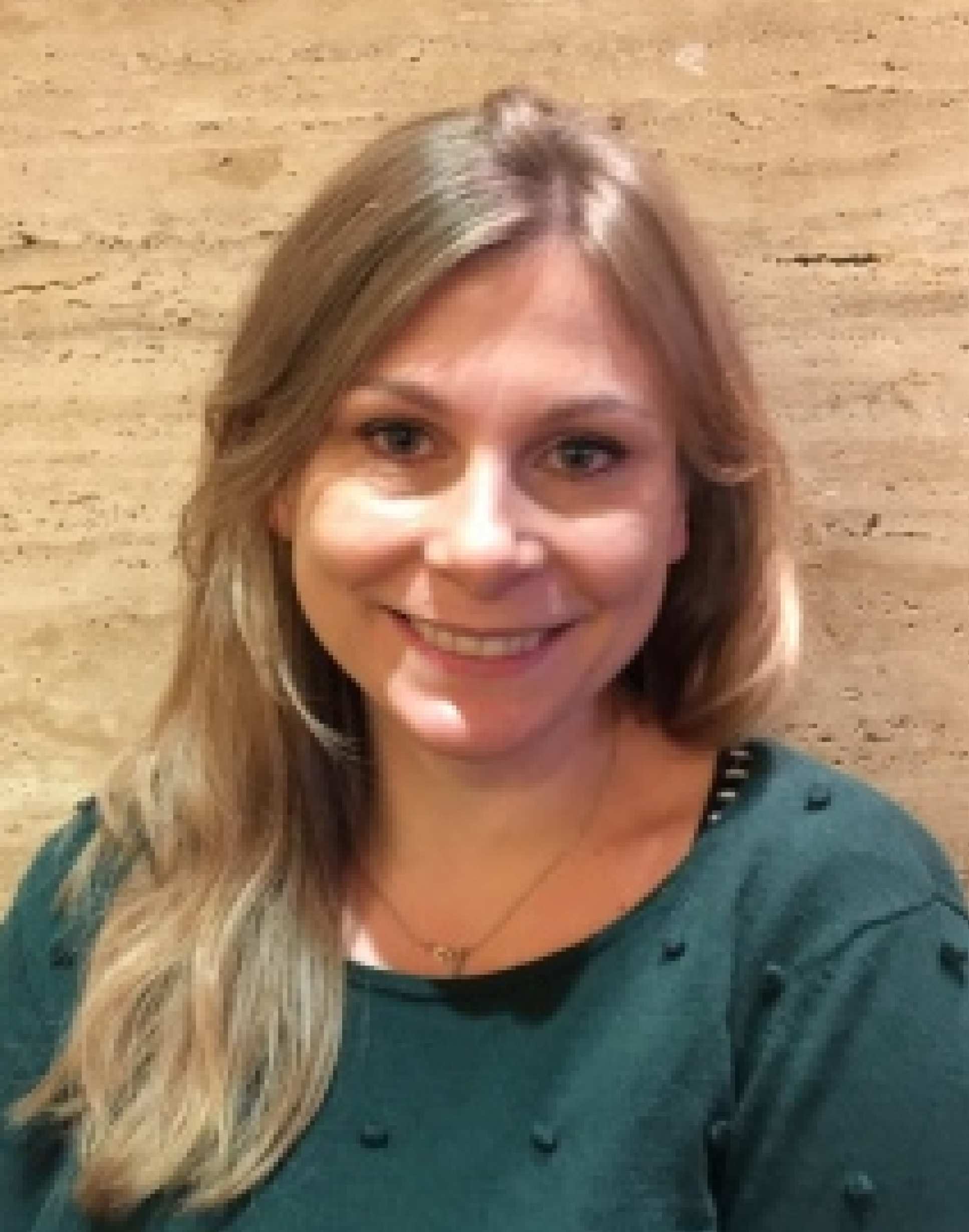 |
Dr Higgins was appointed as a Lecturer in the Department of Bioengineering in April 2014. The main focus of Dr Higgins' research group is to understand mechanisms of tissue development, and regeneration, both in normal conditions, and in response to disease or injury. The hair follicle is used as a model, as it is an accessible and elegant system to study organ regeneration. Research into developmental and regenerative processes means we can try and recreate them in a lab setting, and exploit the inherent properties of interacting cells to engineer new tissues and structures. |
Wing Commander Jon Kendrew, FRCS(Tr&Orth)
 |
Wing Commander Kendrew is a Consultant Orthopaedic Surgeon at the Queen Elizabeth Hospital Birmingham (QEHB). QEHB is world-renowned for its trauma care and has developed pioneering surgical techniques in the management of ballistic and blast injuries, including bespoke surgical solutions for previously unseen injuries. Kendrew has a specialist interest in war injuries, blast trauma and amputation. His elective practice includes acute soft tissue knee injuries. |
Professor Alison McGregor
 |
Professor McGregor is a Professor of Musculoskeletal Biodynamics in the Department of Surgery and Cencer where she manages the Human Performance Group. McGregor trained as a physiotherapist at King's College Hospital, qualifying in 1989, and then studied Biomedical Engineering at Surrey University which led to a PhD project in spinal mechanics and low back pain at the Royal Postgraduate Medical School. Her research focuses on the musculoskeletal system with respect to mechanisms of injury, effects of injury on function and rehabilitation and injury management. |
Major Dan Stinner, MD
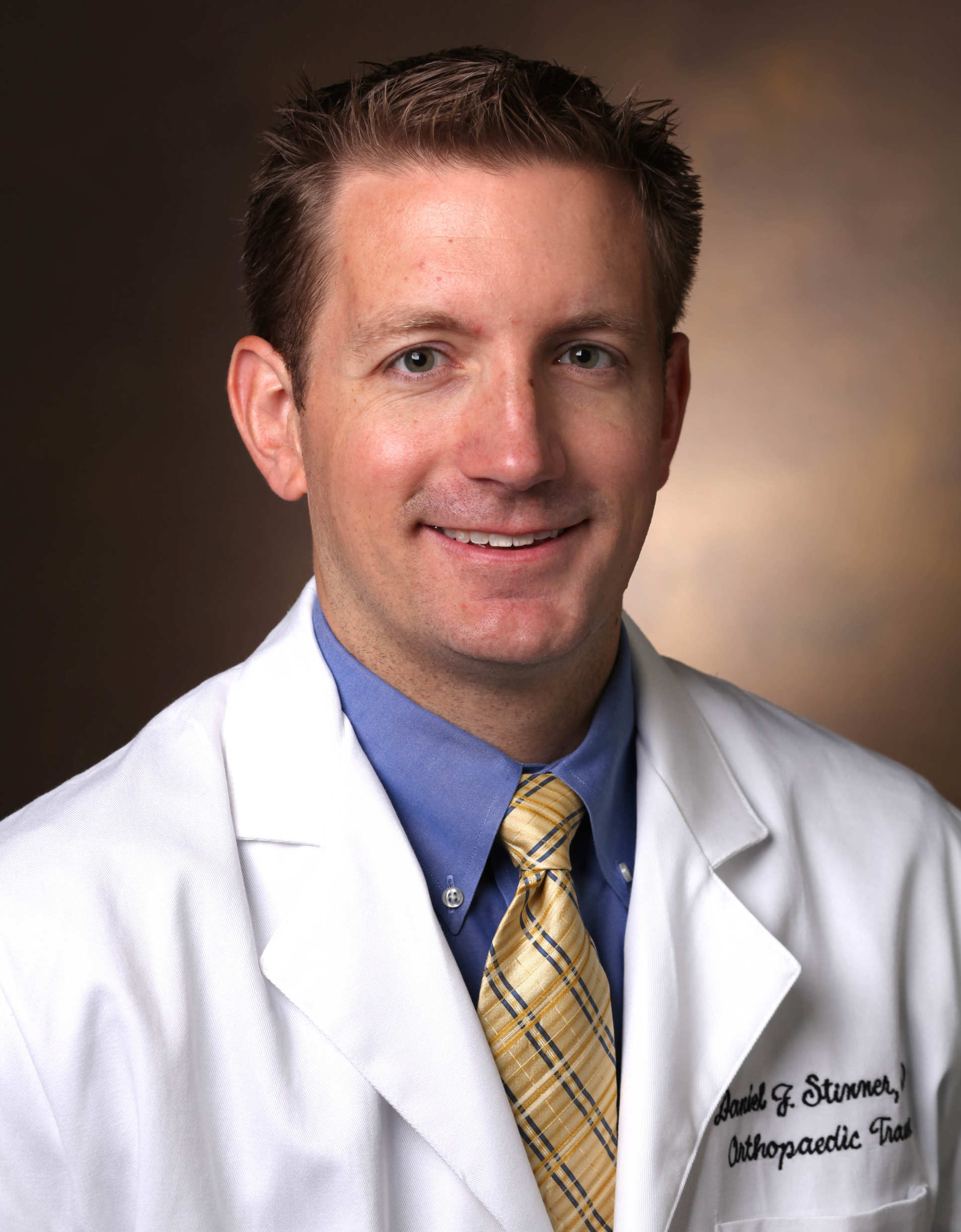 |
Major Stinner is a board certified (American Board of Orthopaedic Surgery) orthopaedic trauma surgeon in the US Army, currently assigned to CBIS as an exchange officer. He is the director of the Skeletal Trauma Research Consortium (STReC) at the United States Army Institute of Surgical Research and as the site principal investigator for the Major Extremity Trauma Research Consortium at San Antonio Military Medical Center. He has been deployed to Afghanistan and has served on Medical Readiness Training Exercises to Accra, Ghana and Tegucigalpa, Honduras. He is the Chairman of the Military Committee for the Orthopaedic Trauma Association, serves as faculty for the US’s Combat Extremity Surgical Course and AAOS/ OTA/ SOMOS Disaster Response Course. Having served as the scientific director for the Extremity War Injuries Symposium in 2016, he was recently selected to serve as the co-chair for the Extremity War Injuries Symposium in 2017. He recently was awarded the Surgeon General’s Physician Recognition Award for a Major, which is awarded once a year to the top major out of over 1300 majors in the Army Medical Corps. Finally, he has published over 50 peer-reviewed publications, with more than 20 specifically evaluating outcomes and techniques associated with limb salvage and amputation. |